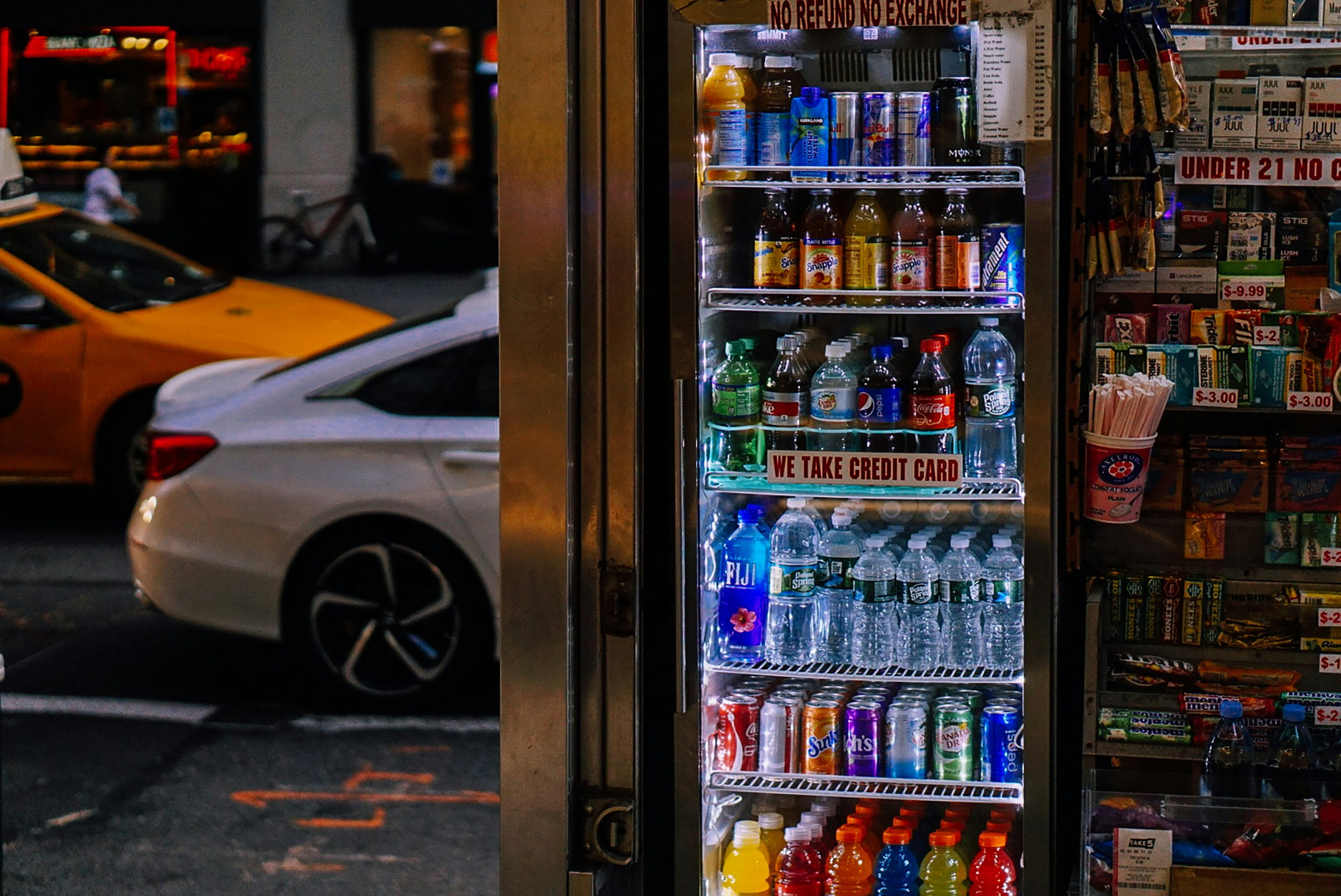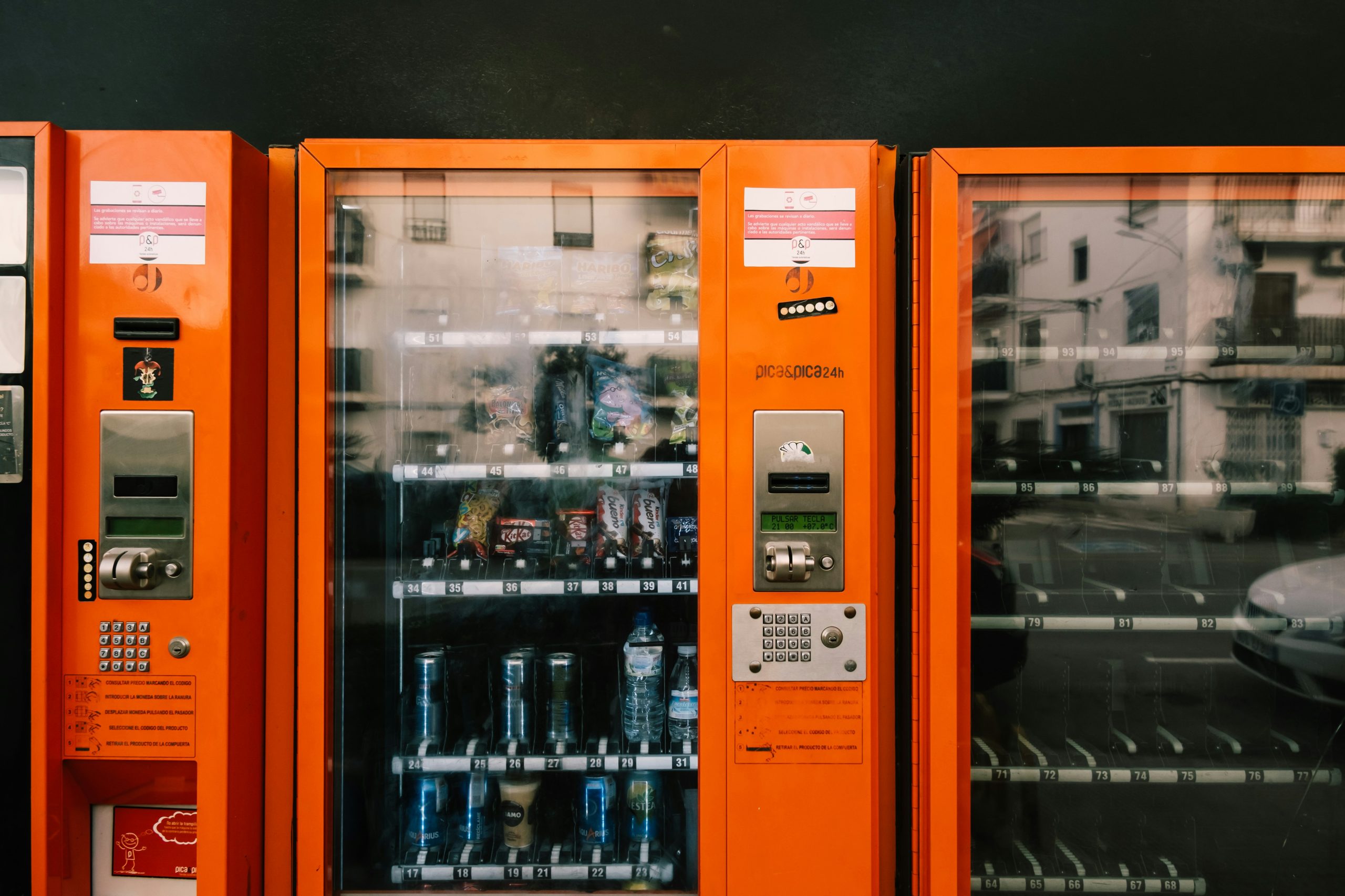How to Start a Profitable Vending Machine Business in Singapore
Vending machines have become a popular and lucrative business model worldwide, and Singapore is no exception. With the rise of automation and cashless transactions, vending machines provide an excellent opportunity for entrepreneurs looking for a relatively low-maintenance and scalable business. Whether you’re considering entering the vending industry as a side hustle or a full-time venture, this guide will walk you through everything you need to know to start a profitable vending machine business in Singapore.
1. Understanding the Vending Machine Business Model
A vending machine business involves purchasing, placing, and maintaining vending machines stocked with products that customers can buy 24/7. Unlike traditional retail stores, vending machines operate with minimal overhead costs—there’s no need for staff, and rental costs are significantly lower than renting a full retail space.
Why Start a Vending Machine Business?
- Low Operational Costs – No need for a physical storefront or employees.
- Passive Income Potential – Once set up, vending machines generate income with minimal intervention.
- Scalability – You can start with one or two machines and gradually expand your business.
- Flexible Management – The business allows you to manage your own schedule.
2. Researching the Market and Choosing a Niche
Before jumping into the vending machine business, it’s crucial to research the market and identify a profitable niche. Singapore has a wide range of vending machines, from traditional snack and drink machines to high-tech smart vending solutions.
Popular Vending Machine Niches in Singapore
- Snacks and Beverages – Classic choices like soft drinks, bottled water, chips, and chocolates.
- Healthy Snacks and Drinks – Catering to health-conscious consumers with options like protein bars, organic juices, and low-sugar snacks.
- Fresh Food and Meals – Some vending machines offer hot food, sushi, or even local delicacies like chicken rice.
- Coffee and Specialty Drinks – Automated coffee vending machines providing gourmet brews.
- Electronics and Accessories – Power banks, phone chargers, and earphones for tech-savvy consumers.
- Beauty and Personal Care Products – Face masks, hand sanitizers, and other beauty essentials.
- Ice Cream and Desserts – Unique vending machines offering frozen treats.
Selecting the right niche depends on your target market and available locations.
3. Finding the Right Locations for Your Vending Machines
Location is the most critical factor determining the success of your vending machine business. The best spots ensure high foot traffic and a steady stream of customers.
Best Vending Machine Locations in Singapore
- Malls and Shopping Centers – High consumer traffic, especially near entrances and exits.
- Office Buildings and Business Districts – Employees looking for quick snacks and drinks during work hours.
- Schools and Universities – Students often rely on vending machines for convenient snacks.
- Hospitals and Medical Centers – Family members, staff, and patients look for quick refreshment options.
- Public Transport Hubs – MRT stations, bus interchanges, and taxi stands attract daily commuters.
- Gyms and Fitness Centers – A great place to sell protein bars, energy drinks, and supplements.
- Tourist Attractions – High footfall areas like Sentosa, Gardens by the Bay, and Marina Bay Sands.
When negotiating placement, some locations may charge a rental fee, while others may request a revenue-sharing model.
4. Choosing the Right Vending Machines
There are different types of vending machines, and choosing the right one depends on your business model.
Types of Vending Machines
- Traditional Snack & Drink Vending Machines – These are the most common and cost-effective options.
- Smart Vending Machines – Equipped with digital screens, cashless payment options, and inventory tracking.
- Frozen & Refrigerated Vending Machines – Ideal for ice cream, frozen meals, or perishable goods.
- Custom Product Vending Machines – Designed for niche products like cosmetics, souvenirs, or electronics.
Buying vs. Leasing a Vending Machine
- Buying – Requires a higher upfront investment but allows full control over the business.
- Leasing – Lower initial cost but includes ongoing lease payments, reducing profit margins.
Popular vending machine suppliers in Singapore include F&N Vending, Royal Vending, and Smart Retail.
5. Stocking Your Vending Machines with the Right Products
Stocking the right products ensures high sales volume and customer satisfaction. Consider local consumer preferences and emerging trends.
Factors to Consider When Stocking Products
- Demand – Identify fast-moving products in your location.
- Shelf Life – Choose products with longer shelf life to minimize wastage.
- Profit Margins – Balance between cost price and selling price to ensure profitability.
- Seasonal Trends – Offer seasonal or limited-edition items to attract more buyers.
To optimize sales, regularly track your inventory and adjust product selections based on sales data.
6. Understanding the Legal and Licensing Requirements
In Singapore, vending machine businesses must comply with local regulations.
Licensing and Permits
- NEA License – Required for vending machines selling food and beverages.
- URA/Zoning Compliance – Ensure your vending machine placement follows Urban Redevelopment Authority (URA) guidelines.
- HSA Approval – Required for vending machines selling health-related or medical products.
Operating without the proper permits can result in fines or business closure.
7. Setting Up a Cashless Payment System
Singapore is increasingly moving towards a cashless society, and vending machines must support modern payment methods.
Popular Payment Methods
- Credit/Debit Cards – Visa, Mastercard, and contactless payments.
- Mobile Wallets – PayNow, GrabPay, Google Pay, and Apple Pay.
- QR Code Payments – Widely used for digital transactions.
Cashless vending machines reduce theft risks and provide a seamless customer experience.
8. Maintaining and Managing Your Vending Machines
Proper maintenance ensures your machines function optimally and deliver a steady stream of income.
Key Maintenance Tasks
- Restocking – Refill products based on demand trends.
- Cleaning – Regularly sanitize touchpoints and interiors.
- Technical Checks – Ensure the machine accepts payments and dispenses items correctly.
- Sales Tracking – Use inventory management software to monitor performance.
Investing in remote monitoring systems can help track inventory levels and machine status in real-time.
9. Marketing and Promoting Your Vending Business
Even vending machines need marketing to increase awareness and boost sales.
Effective Marketing Strategies
- Signage & Branding – Use eye-catching designs to attract customers.
- Social Media Promotion – Share updates and promotions on Facebook, Instagram, and TikTok.
- Loyalty Programs – Implement discounts for repeat customers.
- Partnerships – Collaborate with brands to stock exclusive products.
Well-marketed vending machines can outperform competitors and build a loyal customer base.
10. Scaling Your Vending Machine Business
Once you have successfully set up a vending machine, you can expand your business.
Ways to Scale
- Add More Machines – Increase your network by placing more vending machines in high-traffic areas.
- Introduce New Product Lines – Diversify offerings based on consumer trends.
- Upgrade to Smart Machines – Invest in AI-powered vending machines to improve efficiency.
- Offer Franchise Opportunities – Create a scalable business model for expansion.
With proper planning and execution, a vending machine business in Singapore can generate stable and recurring income.
Conclusion
Starting a vending machine business in Singapore is a promising opportunity with great profit potential. By selecting the right products, securing prime locations, leveraging cashless payments, and ensuring proper maintenance, you can create a successful and scalable venture. Whether you’re looking for passive income or a full-fledged business, vending machines can be a smart investment in the evolving retail landscape.
Related Blog



